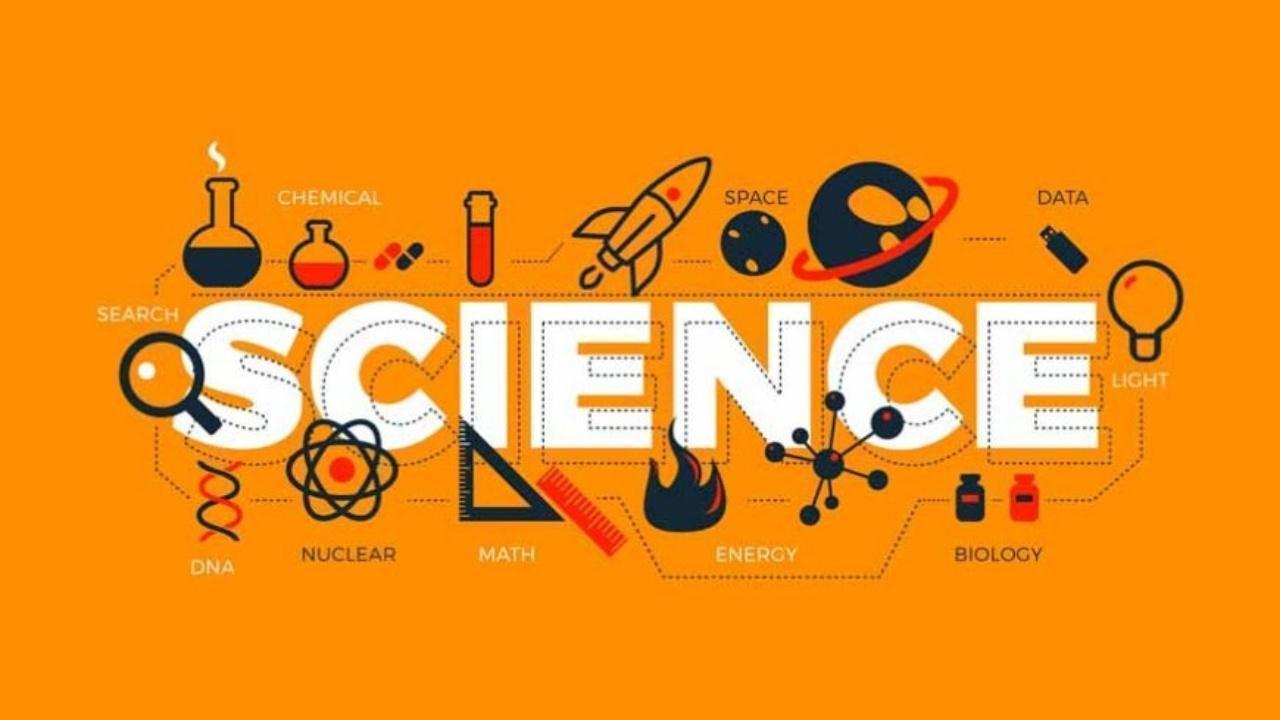You have not yet added any article to your bookmarks!

Join 10k+ people to get notified about new posts, news and tips.
Do not worry we don't spam!

Post by : Anis Farhan
Photo: Freepik
In today’s world, most of us get our news from phones. We scroll through headlines, tweets, and forwarded messages without always checking if they’re true. Some of this information is harmless, but much of it is misleading or completely false.
Fake news spreads quickly. It can be about anything—from health advice to politics to viral scandals. And while it may seem like just a digital issue, it’s starting to impact our mental health in real life.
When we keep seeing false or scary information, it takes a toll on our brain. Here are a few common effects:
Increased anxiety and panic: News that exaggerates facts or spreads fear—especially about health, safety, or violence—can make us feel nervous, helpless, or even scared to go outside.
Confusion and self-doubt: When there’s too much fake news, we don’t know what to believe. This constant uncertainty makes it harder to make decisions or trust what we read.
Social tension: Misinformation often creates arguments between friends, family, or communities. People form opinions based on false facts and clash with others who think differently.
Emotional fatigue: The brain gets tired of processing so much misleading content. Over time, people feel numb, disconnected, or just mentally exhausted.
These reactions are especially common among teens, young adults, and people who use social media daily. They start questioning their reality, feeling overwhelmed, and losing trust in important systems.
Fake news spreads faster than real news because it often triggers strong emotions—fear, anger, or excitement. When people feel something, they are more likely to share it without checking if it's true.
Some fake news is created on purpose—for money, attention, or political reasons. But often, it spreads because people simply don’t know how to spot it.
You don’t have to be a tech expert to protect your mind from misinformation. Just follow these simple tips:
Pause before you believe: If something sounds shocking or too good to be true, double-check before reacting or sharing.
Use trusted news sources: Stick to known media outlets that check their facts. Avoid random forwards or posts from unknown pages.
Fact-check: Use tools like Google Search, fact-checking websites, or official government portals.
Limit screen time: Taking a break from social media gives your mind space to relax and think clearly.
Talk about it: Share these tips with friends and family. Help others understand how fake news affects their thoughts and moods.
Fake news isn’t just annoying—it’s dangerous. It messes with our thoughts, causes stress, and spreads fear. In a world full of fast updates and viral posts, it’s important to slow down and think twice. A little awareness can go a long way in protecting your peace of mind.
This article is for informational purposes only and reflects general findings as of June 2025. It is not a substitute for professional medical or psychological advice. For personal concerns related to stress or mental health, please speak to a qualified expert.










Dalal Street Spotlight: Top 10 Stocks Investors Are Watching as Markets Open on a High
Indian stock markets begin the week with strong momentum, and several blue-chip and mid-cap stocks a

Market Movers Today: Key Stocks Set To Watch In Indian Markets
Indian equity markets are poised for active trading as several major companies, including Bharti Air

Milan Welcomes the World: Inside the Grand Opening Ceremony of the 2026 Winter Olympics
The 2026 Winter Olympics opening ceremony in Milan marked a defining moment for global sport, blendi

Unfolding Market Drama: Sensex & Nifty Trade Volatility Amid Budget Fallout and India-US Trade Breakthrough
Indian equity markets exhibited high volatility this week as the 2026 Union Budget triggered sharp s

Dhurandhar 2 Teaser Countdown Ignites Fan Frenzy: All You Need to Know
The highly anticipated sequel to the blockbuster Dhurandhar is building intense excitement as the Dh

Vietnam Overtakes Thailand as Top Choice for Chinese Tourists
Vietnam has quietly surpassed Thailand as the favorite destination for Chinese tourists in 2025.